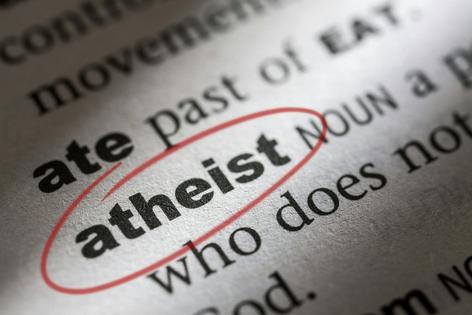The number of religious ‘nones’ has soared, but not the number of atheists – and as social scientists, we wanted to know why
Published in News & Features
The number of individuals in the United States who do not identify as being part of any religion has grown dramatically in recent years, and “the nones” are now larger than any single religious group. According to the General Social Survey, religiously unaffiliated people represented only about 5% of the U.S. population in the 1970s. This percentage began to increase in the 1990s and is around 30% today.
At first glance, some might assume this means nearly 1 in 3 Americans are atheists, but that’s far from true. Indeed, only about 4% of U.S. adults identify as an atheist.
As sociologists who study religion in the U.S., we wanted to find out more about the gap between these percentages and why some individuals identify as an atheist while other unaffiliated individuals do not.
The religiously unaffiliated are a diverse group. Some still attend services, say that they are at least somewhat religious, and express some level of belief in God – although they tend to do these things at a lower rate than individuals who do identify with a religion.
There is even diversity in how religiously unaffiliated individuals identify themselves. When asked their religion on surveys, unaffiliated responses include “agnostic,” “no religion,” “nothing in particular,” “none” and so on.
Only about 17% of religiously unaffiliated people explicitly identify as “atheist” on surveys. For the most part, atheists more actively reject religion and religious concepts than other religiously unaffiliated individuals.
Our recent research examines two questions related to atheism. First, what makes an individual more or less likely to identify as an atheist? Second, what makes someone more or less likely to adopt an atheistic worldview over time?
Consider the first question: Who’s likely to identify as an atheist. To answer that, we also need to think about what atheism means in the first place.
Not all religious traditions emphasize belief in a deity. In the U.S. context, however, particularly within traditions such as Christianity, atheism is often equated with saying that someone does not believe in God. Yet in one of our surveys we found that among U.S. adults who say “I do not believe in God,” only about half will select “atheist” when asked their religious identity.
In other words, rejecting a belief in God is by no means a sufficient condition for identifying as an atheist. So why do some individuals who do not believe in God identify as an atheist while others do not?
...continued








Comments